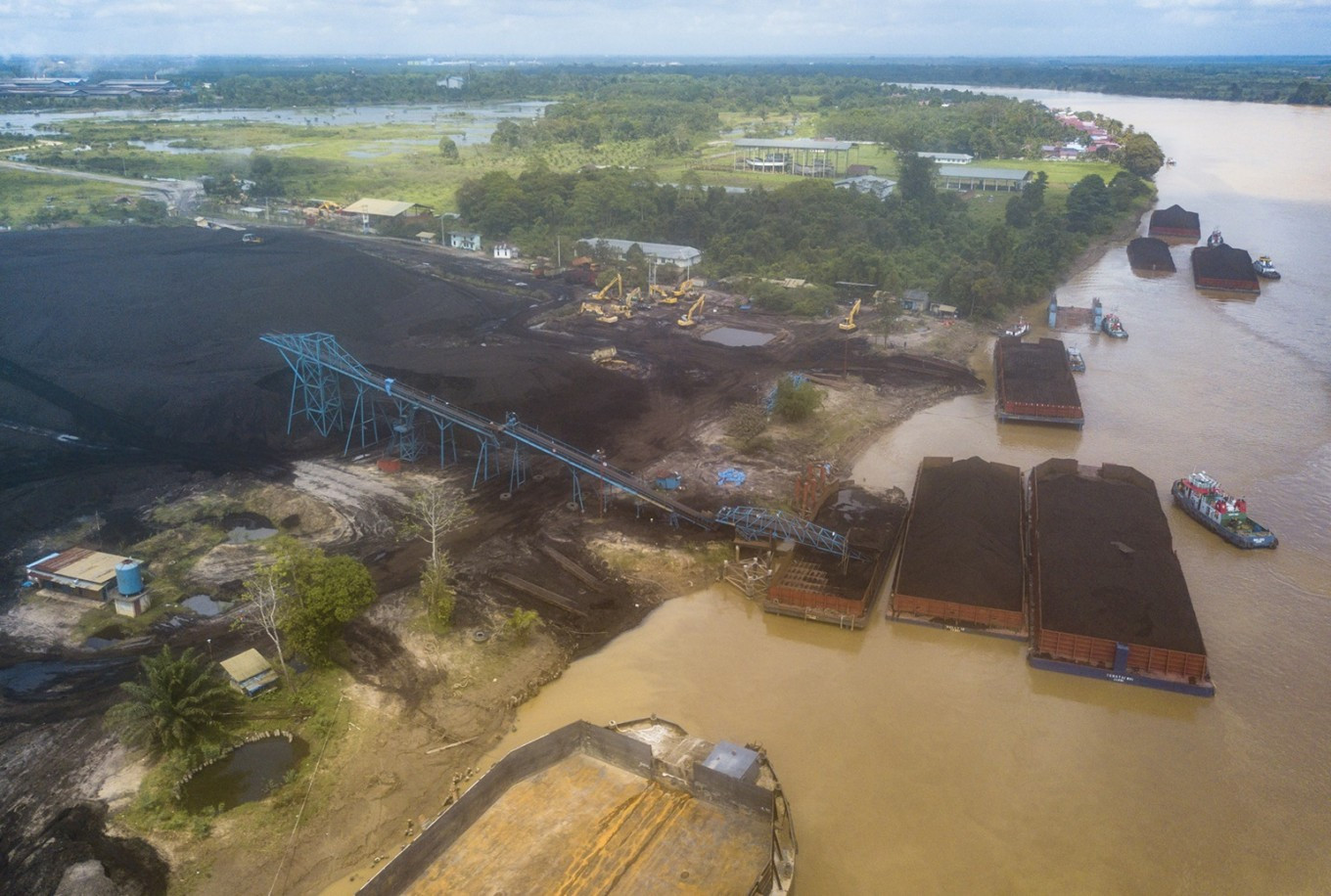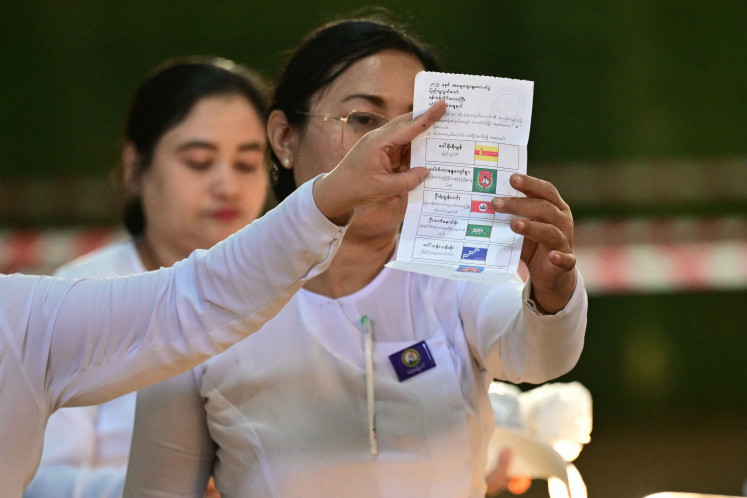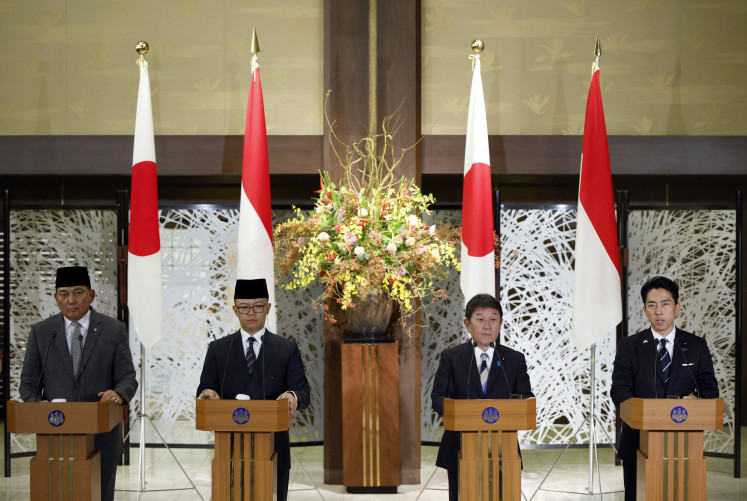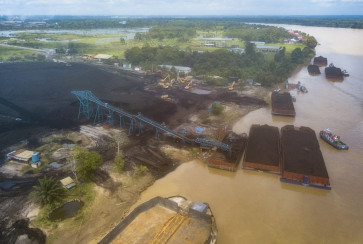Popular Reads
Top Results
Can't find what you're looking for?
View all search resultsPopular Reads
Top Results
Can't find what you're looking for?
View all search resultsAnalysis: Co-ops, SMEs mining rights access spark oversight concerns
Change text size
Gift Premium Articles
to Anyone
C
ooperatives and small and medium enterprises (SMEs) are now eligible to manage mining concessions over significant land areas across the country following the issuance of a revision to the Government Regulation (PP) No. 39/2025 on implementation of mineral and coal mining operations. While the government has presented this policy to boost local economic participation, particularly among communities near existing mines, it has also raised concerns over the limited technical capacity of co-ops and SMEs and the risk that they could be used as fronts for large corporations.
This policy shift was formalized when President Prabowo Subianto signed PP No. 39/2025 on Sept. 11, marking the second revision of PP No. 96/2021 on implementation of mineral and coal mining business activities. The new regulation followed the enactment of Mineral and Coal Mining Law No. 2/2025, the fourth amendment to the 2008 Mining Law (No. 4/2008), and broadens access to mining concessions to include mass organizations, co-ops, SMEs, state-owned enterprises (SOEs), regionally owned enterprises (ROEs) and private entities collaborating with universities. The specific eligibility criteria for these entities are to be detailed in forthcoming ministerial regulations.
Under Article 17 (3), the new regulation stipulates that business license mining areas (WIUP) for metal minerals and coal can be obtained through either auctions or priority assignments. Article 17 (4) explicitly includes co-ops and SMEs among eligible WIUP recipients. They may also receive special business license mining areas (WIUPK), which are allocated only through priority assignments, as stipulated in Article 71 (2). WIUPK are derived from “special mining areas” designated as national strategic interests under Article 1 (36).
Priority assignments must meet the administrative, technical and commitment requirements outlined in articles 26A (1) and 75C. Administrative verification for WIUP is handled by the cooperatives and the micro, small and medium enterprises (MSMEs) ministries, while verification for WIUPK falls under the Energy and Mineral Resources Ministry.
Both co-ops and SMEs must be locally based. According to articles 26D (a) and 75D (a), co-ops must be registered within the same regency or city as a mining site, while articles 26D (b) and 75D (b) stipulate that SMEs must operate in the same city and have a controlling shareholder who is a local resident. The maximum concession area granted to co-ops and SMEs is 2,500 hectares, as stipulated in articles 26F (1) and 75F (1). Applications for WIUP and WIUPK priority assignments are submitted and approved through the Online Single Submission (OSS) system, per articles 26B-E and 75B-E.
However, mining experts have warned about the feasibility of such ventures. Co-ops and SMEs should avoid entering the sector without investor partnerships to provide capital and technical expertise. Mining is capital- and technology-intensive, with exploration success rates below 5 percent. Drilling to a depth of 100 meters per Indonesian National Standards (SNI) can cost up to Rp 200 million (US$12,100), while developing a 100-500 ha mine may require Rp 10-20 billion and large-scale operations can cost trillions of rupiah.
On the bright side, the Cooperatives Ministry expressed optimism that cooperative-led mining under the Red and White Cooperatives (KMP) program could help reduce social conflicts in mining areas. The ministry has invited the Indonesian Chamber of Commerce and Industry (Kadin) to partner with KMPs in potential mining ventures. Meanwhile, the energy ministry has reportedly compiled an inventory of 45,000 oil wells that could be managed by co-ops, SMEs and ROEs, as well as the names of entities recommended by regional heads for verification.



















